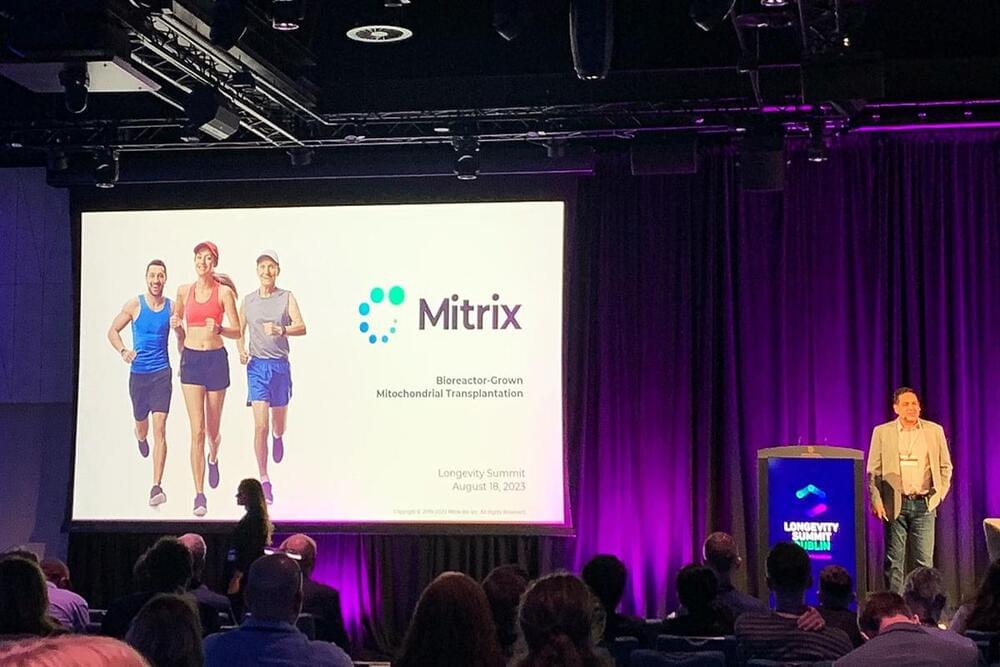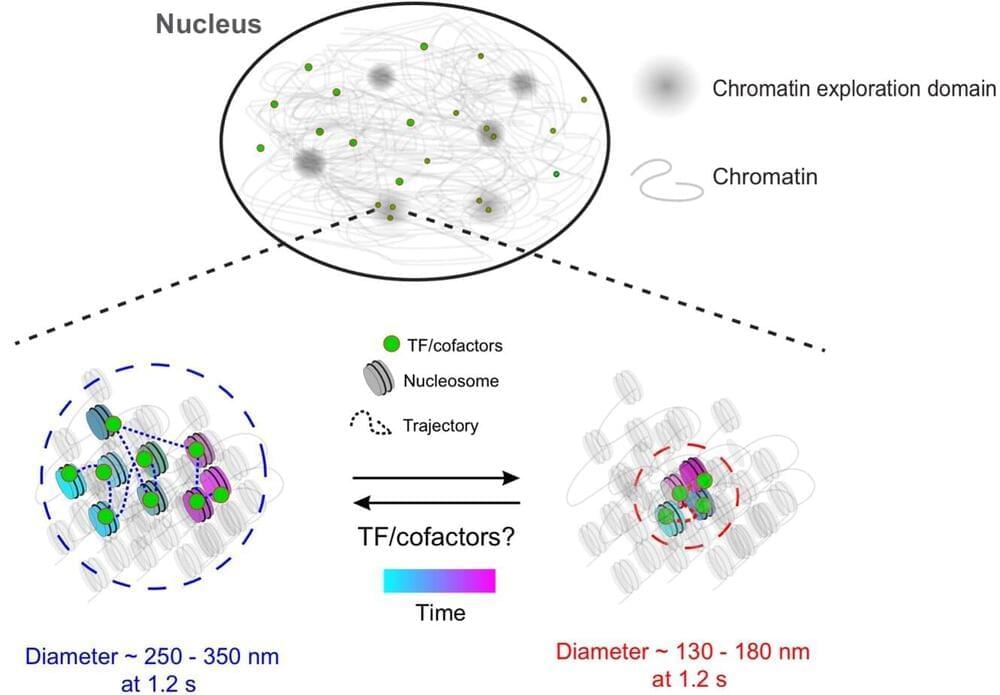This is a SURVEY result of Rapamycin users. Overall, it’s really good for you. It has not had a true trial as it is off-patent so it’s harder to get rich from it. Low dose use has minimal side effects if any at all. Many patients can get off-label prescription from their doctor.
Magnesium Breakthrough 10% Discount _https://bit.ly/3O5tPfu_ Code Modern10 This video brought to you by BiOptimizers.
Here Prof Kaeberlein provides some updates on rapamycin, in particular the results from the survey based trial that his team ran and thoughts on next steps for the supplement.
*Renue By Science* 10% : _https://tinyurl.com/4yrf4tv3_
Use SUBMHS for 15% discount on subscription orders.
*DoNotAge* 10% discount code MHS _https://tinyurl.com/ycyn9vhn_
*ProHealth* 15% discount Code MODERN : _https://prohealth.pxf.io/c/3176409/1541296/17976_
*NOVOS* Core & NOVOS Boost $5 off with code MODERNnow5 _https://novoslabs.com/?ref=3957_
☕If you would like to support our channel, we’d love a coffee…thank you! _https://www.buymeacoffee.com/mhealthspan_
*Bulletproof* 15% off with coupon code: HEALTHSPAN15: _https://tinyurl.com/4npjk5vp_
*SiPhox Health* 20% Code MODERN blood test (only in US & Canada) _https://siphoxhealth.com/discount/modern_
*Insidetracker* 20% discount Code MODERN20 _https://insidetracker.sjv.io/NkbP7V_
*Delavie Sciences* 10% Code Modern Age Defying Serum https://tinyurl.com/yp2jmhy8 Eye Refresh https://tinyurl.com/mt8knv3s.
*OmegaQuant* 5% discount Code MODERN _https://omegaquant.com/shop/_
Dr. Kaeberlein’s research interests are focused on biological mechanisms of aging in order to facilitate translational interventions that promote healthspan and improve quality of life. He has published more than 200 scientific papers, has been recognized by several prestigious awards, and has Fellow status in the American Association for the Advancement of Science (AAAS), the American Aging Association, and the Gerontological Society of America (GSA). Dr. Kaeberlein is currently the CEO of the American Aging Association and has served on the Board of Directors for the Federation of American Societies for Experimental Biology (FASEB), AGE, and GSA. Dr. Kaeberlein is the founding Director of the UW Healthy Aging and Longevity Research Institute, the Director of the UW Nathan Shock Center of Excellence in the Basic Biology of Aging, Director of the Biological Mechanisms of Healthy Aging Training Program, and founder and co-Director of the Dog Aging Project.







